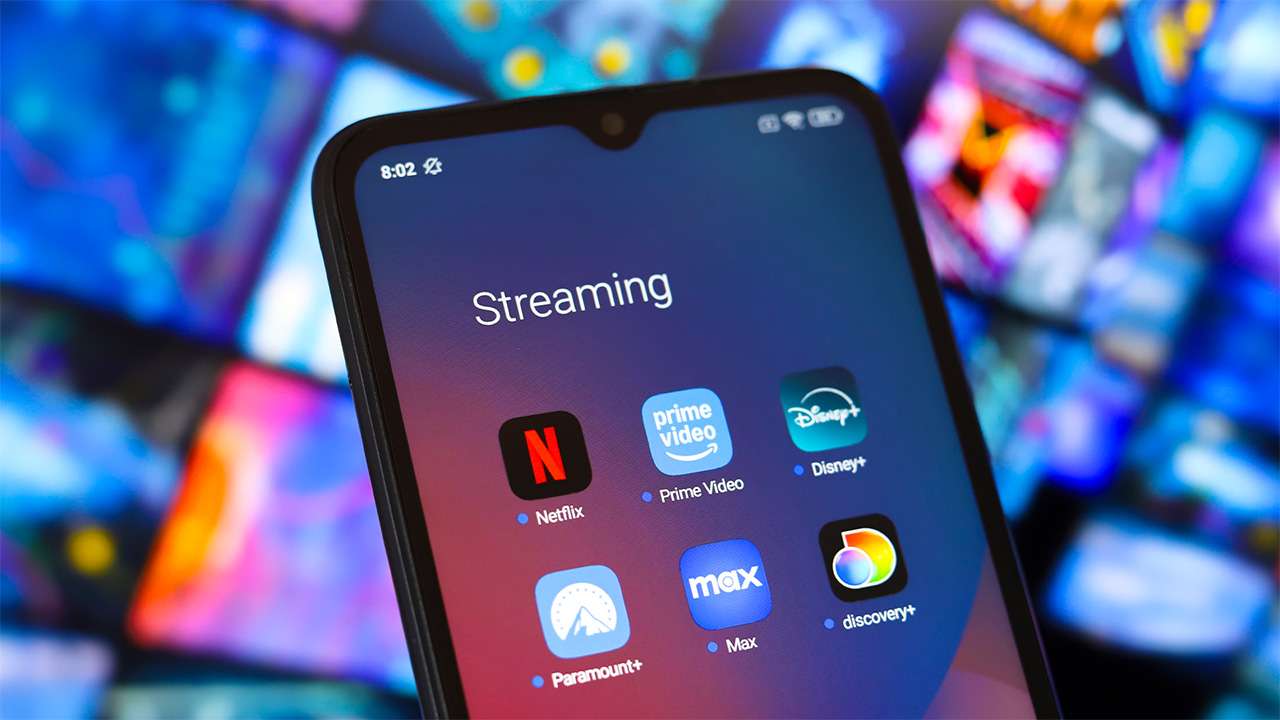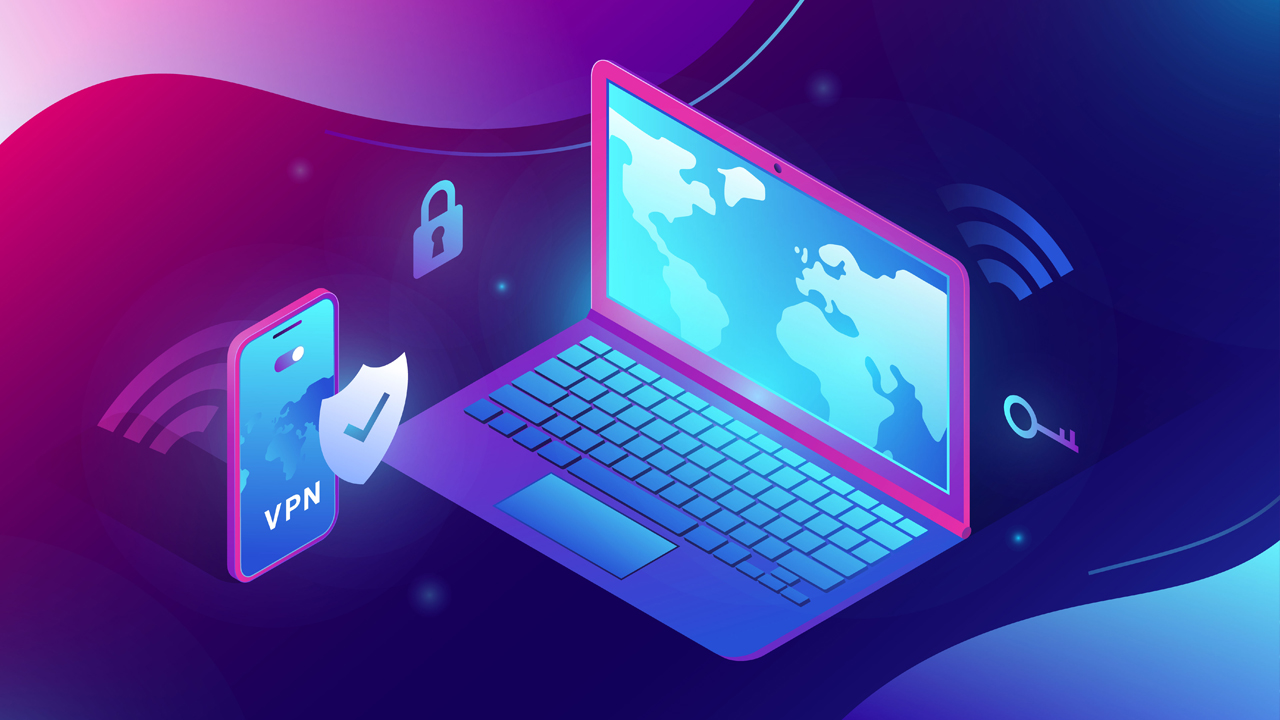Streaming giants become the latest group to target VPNs in a bid to combat piracy
The Motion Picture Association want VPN providers, proxies, and Content Delivery Systems to cooperate with anti-piracy measures

The Motion Picture Association (MPA) has called for an automated blocking system to block online piracy in real-time, and bypass the need for court approval.
The body represents major streaming giants including Disney+, Netflix, and Warner Bros. It has urged VPN providers, proxies, and Content Delivery Systems (CDNs), such as Cloudfare, to engage with the group and enforce dynamic blocking.
Internet blocking goes against the core principles of the best VPNs and this move follows similar demands by Canal+ and the Ligue de Football Professionnel (LFP) in France.
Leading VPN providers were dealt a major blow as Canal+ won a legal case which ordered VPN providers to block illegal sports streaming sites.
Whilst VPN providers don't condone the use of VPNs for illegal activities, site blocking risks a wider impact on internet freedoms.
What is the MPA demanding?
In 2023, the EU Commission published recommendations of how to combat online piracy. VPNs were not directly targeted in this report but the use of "dynamic injunctions" was part of its recommendations, as well as "cooperation" between rights holders and intermediaries.
The Commission encouraged VPN providers to consider "voluntary measures to prevent their services from being misused."
First reported by TorrentFreak, the MPA responded at the end of May 2025. It submitted its comments on the effectiveness of the proposals and noted inconsistencies between countries' implementation of the recommendations and complete absences in others.
"Europe is missing effective and appropriate implementation of these provisions across all Member States," the MPA said.

The MPA called for automated blocking techniques which would enable rightsholders to tackle piracy and copyright infringement in real-time.
"MPA is therefore supportive of automated effective siteblocking mechanisms that can be updated in real-time with appropriate safeguards to address emerging infringing streams," the group said.
It also cited use of this technology in other countries, saying "in Italy, Greece, Portugal and Brazil automated dynamic systems are available to rightsholders allowing effective real-time blocks."
Impact on VPNs
According to the MPA, collaboration is essential and more intermediaries should have a role in combating piracy. It said CDNs "have the technical capability to implement targeted blocking at the infrastructure level" but called proxies and VPNs to co-operate, saying they "provide essential services to piracy operators."
Many argue that VPNs are being unfairly targeted. When Canal+ first launched legal action against a collection of VPN providers, the VPN Trust Initiative (VTI), a VPN working group, was quick to defend VPN services.
It said: "VPNs are not facilitators of piracy. They neither host, store, nor promote copyrighted material. Such content is not discovered and referenced via privacy-focused VPN tools. Targeting VPN services for activities they do not enable or promote is a misguided and disproportionate approach."
Following Canal+ case ruling, the Internet Infrastructure (i2) Coalition – an internet freedom and privacy advocacy group – condemned blocking orders.
"This blocking approach – which has failed in the past – relies on blunt technical instruments instead of precise enforcement tools to address the actual sources of piracy. Therefore it will not reduce infringement, and will only cause widespread collateral damage."
Adding that "ethically-operated VPNs do not host, store, or promote illegitimate access to copyrighted material" – they "prohibit" it.

The MPA wants more to be done when it comes to identifying the operators of piracy sites. It said rightsholders should be able to use "Right of Information" requests to identify individuals and wants the EU to expand its "Know Your Business Customer (KYBC)" requirements to online intermediaries.
Trustworthy VPN providers uphold strict no-logs policies, meaning they collect and store as little information as possible – with the most private VPNs collecting the bare minimum.
If VPNs don't collect and store the identifiable information of their users and don't record what sites they visit, then complying with identity requests would be practically impossible.
Windscribe boss Yegor Sak's recent Greek legal case highlighted how important no-logs policies are. The fact Windscribe had no identifiable data to hand over was a significant reason the case against Sak was dropped.
Protecting the privacy of users is a fundamental role of VPNs and leading VPN providers would not put this at risk. Proton VPN CEO Andy Yen recently said that Proton would rather leave Switzerland than comply with a controversial proposed revision to Swiss encryption law.
At this stage, there is no legal action being taken against VPNs but there is a growing, negative attitude towards VPNs and anti-piracy.
We test and review VPN services in the context of legal recreational uses. For example: 1. Accessing a service from another country (subject to the terms and conditions of that service). 2. Protecting your online security and strengthening your online privacy when abroad. We do not support or condone the illegal or malicious use of VPN services. Consuming pirated content that is paid-for is neither endorsed nor approved by Future Publishing.

George is a Staff Writer at Tom's Guide, covering VPN, privacy, and cybersecurity news. He is especially interested in digital rights and censorship, and its interplay with politics. Outside of work, George is passionate about music, Star Wars, and Karate.
You must confirm your public display name before commenting
Please logout and then login again, you will then be prompted to enter your display name.
 Club Benefits
Club Benefits





